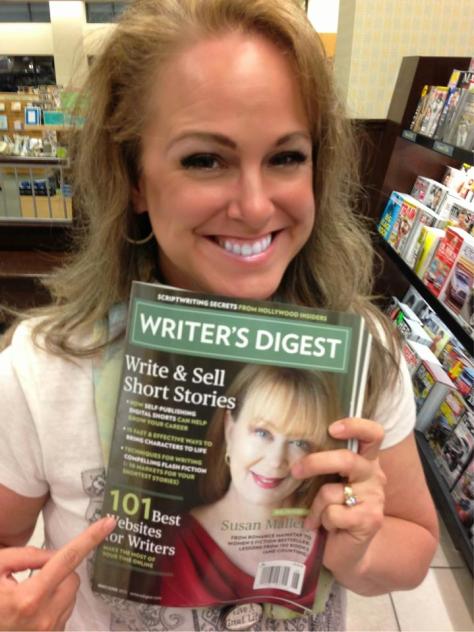Whatever you think of Amazon, as a customer or as a seller, there’s no denying their power and influence. Kindle Direct Publishing is a force that would be foolish to ignore, though I resisted fully committing to them by only using their basic KDP programme, rather than the exclusive Select operation—which pays double the royalties—but is more restrictive of the writer.
As I’ve described in other threads, I was preparing to sign with Select this summer, when a publisher I’d queried asked for a full manuscript. I’ve delayed my plans to self-publish The Cornish Detective series, but have still formatted the books for digital and POD paperback release. More of that later.
This article from The Atlantic is well-researched and worth a read, as it shows how irresistible KDP is as a publisher. It used to be, that one of the supposed stumbling blocks with KDP was that a writer’s books wouldn’t appear in bookshops, other than Amazon’s own, and supermarkets and libraries, but that’s slowly changing.
There are best-selling authors on Amazon, who you’ve likely never heard of, who outsell household names and have become millionaires from their books. But, one household name, crime writer Dean Koontz recently signed a five-book deal with Thomas & Mercer, the Crime division of Amazon Publishing. A sign of changing attitudes, surely? If a best-selling author has gone over to what was once seen as the enemy of traditional publishing, then how long before others join him?

I’ve decided to join Select with the 45 titles I’ve had on KDP and distributed to other vendors via Smashwords and Draft2Digital for the last six years. They are volumes of poetry and song lyrics, for adults and children, short stories and novellas. This will be as much an experiment to find how Select works, as it is a way of raising income from sales. KDP promote Select books, pretty much ignoring those on KDP.
All of my thinking since 2013 has been geared towards publishing eBooks. I wasn’t driven by seeing my book in printed physical form. But, if I’m going with Select, it makes sense to join their print-on-demand option. This used to be called CreateSpace, but now goes by KDP Print. The transition since 2018 has not been without its problems, as I found when attempting to format my Cornish Detective manuscripts.
I started doing this as an optimistic move, some light relief from attempting to recover access to my WordPress website, which was making me mad, so when I encountered resistance from KDP Print I swore a lot!
The pages describing how to edit your manuscript to conform with requirements about bleed, margins, headers, pagination, trim size, section breaks, front matter, end matter and lots of other things you hadn’t thought of, are helpful.
https://kdp.amazon.com/en_US/help/topic/G202145400
When I first looked at the templates they provide I was mightily impressed, for with a bit of tinkering, I could adjust blocks of text on the cover to suit and it’s easy to upload the image I designed for the eBook as a cover.
https://kdp.amazon.com/en_US/help/topic/G201834230
I was encouraged by several instruction videos on YouTube, including this one, which shows how your book could look:
Easy peasy, right? I followed the instructions, replacing the Latin placeholder text with my author bio and blurb, clicking on Save to move to the next step. Except, it didn’t save, it disappeared! I tried several more times, usually getting strange colourful horizontal lines instead of text, though sometimes nothing happened at all. Don’t you just love it, when sites ignore you?

Fed up with big companies that promise you the world but shove you in the ditch, I searched KDP help forums, finding that many others were also facing opposition from the templates. One user mentioned having success by switching from Chrome to another browser. I tried the template in Mozilla Firefox and it worked perfectly!
Despite this glitch, Amazon encourages a writer to produce the best-looking paperback possible, by an online preview service, and also, you can order proof copies.
Have any of you published your books on KDP, Select or POD?
How did you get on?
















